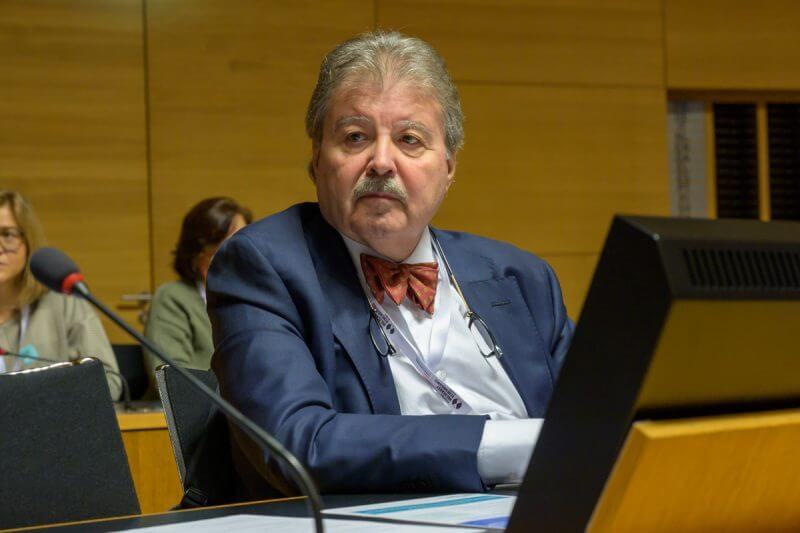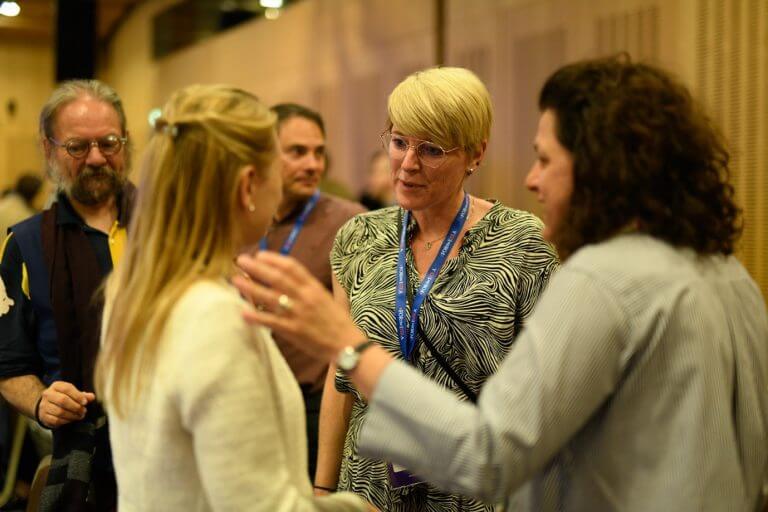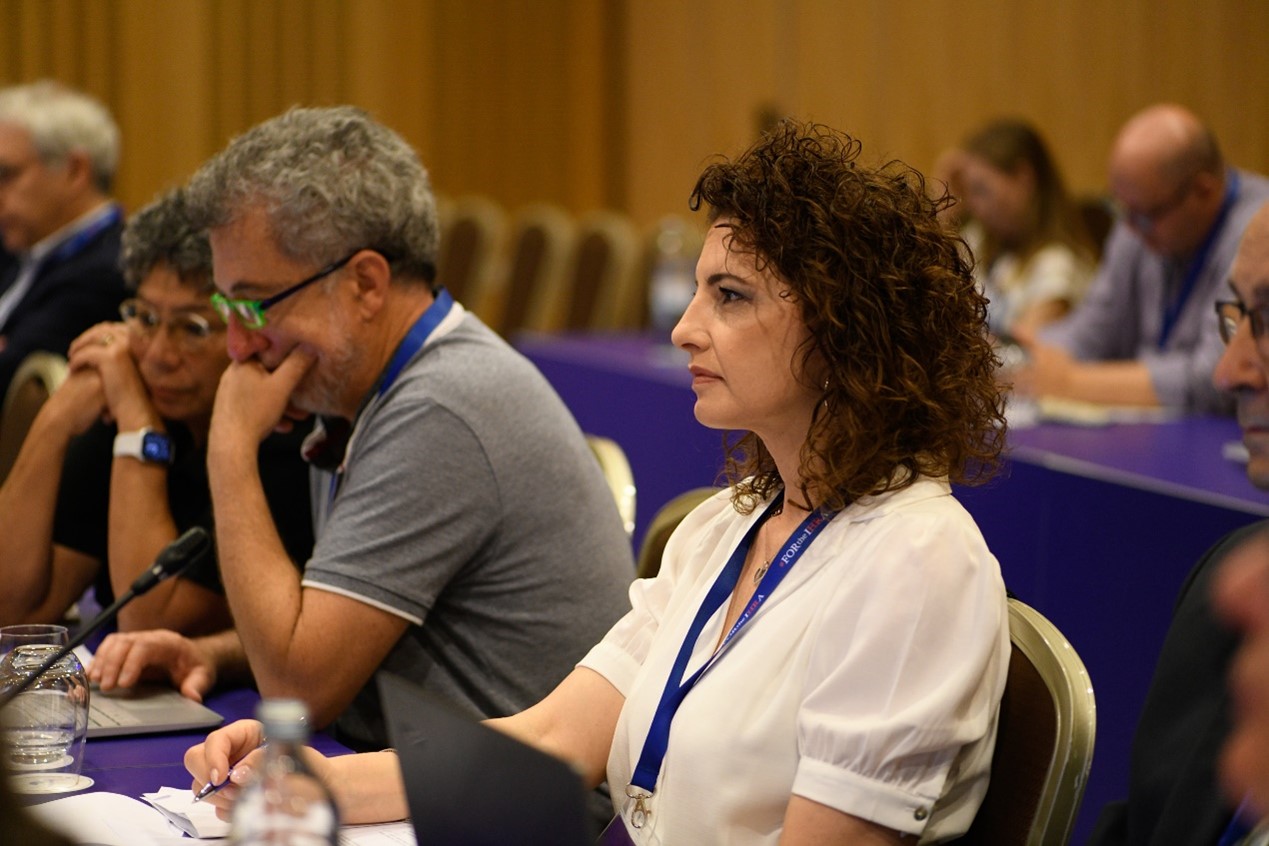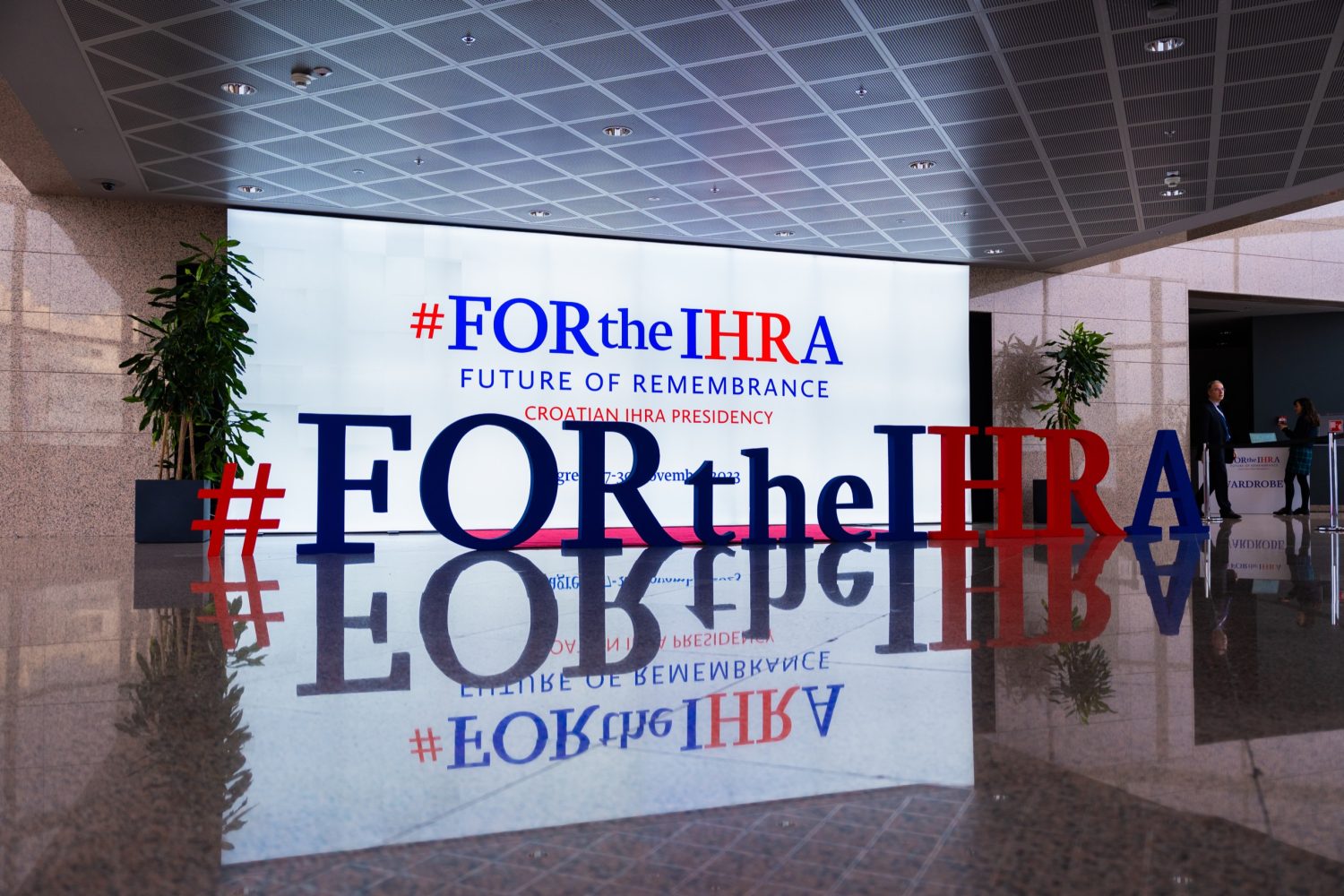


Securing the future of remembrance at the Zagreb IHRA Plenary
ZAGREB, 30.11.2023: The International Holocaust Remembrance Alliance (IHRA) has successfully concluded its second Plenary Meetings under the Croatian Presidency, which took place over four days in the city of Zagreb. Held at a critical turning point for the future of Holocaust remembrance, the need to carry on the stories and courage of survivors guided the 240 experts, political representatives, and representatives of international organizations and civil society throughout their meetings.
The Zagreb Plenary was held against the backdrop of an astronomical rise in antisemitism around the world in the wake of the 7 October Hamas terrorist attacks. Experts reported 400-1000% increases in antisemitic incidents. Holocaust education, remembrance, and research in this new context colored many of the discussions over the four days. Efforts to separate this work from the painful and difficult situation in the Middle East have proven to be only wishful thinking: the spike in antisemitism has coincided with a substantial decrease in visitors to Holocaust memorials and museums, canceled educational programs, and vandalism of Holocaust-related institutions in many IHRA Member Countries.
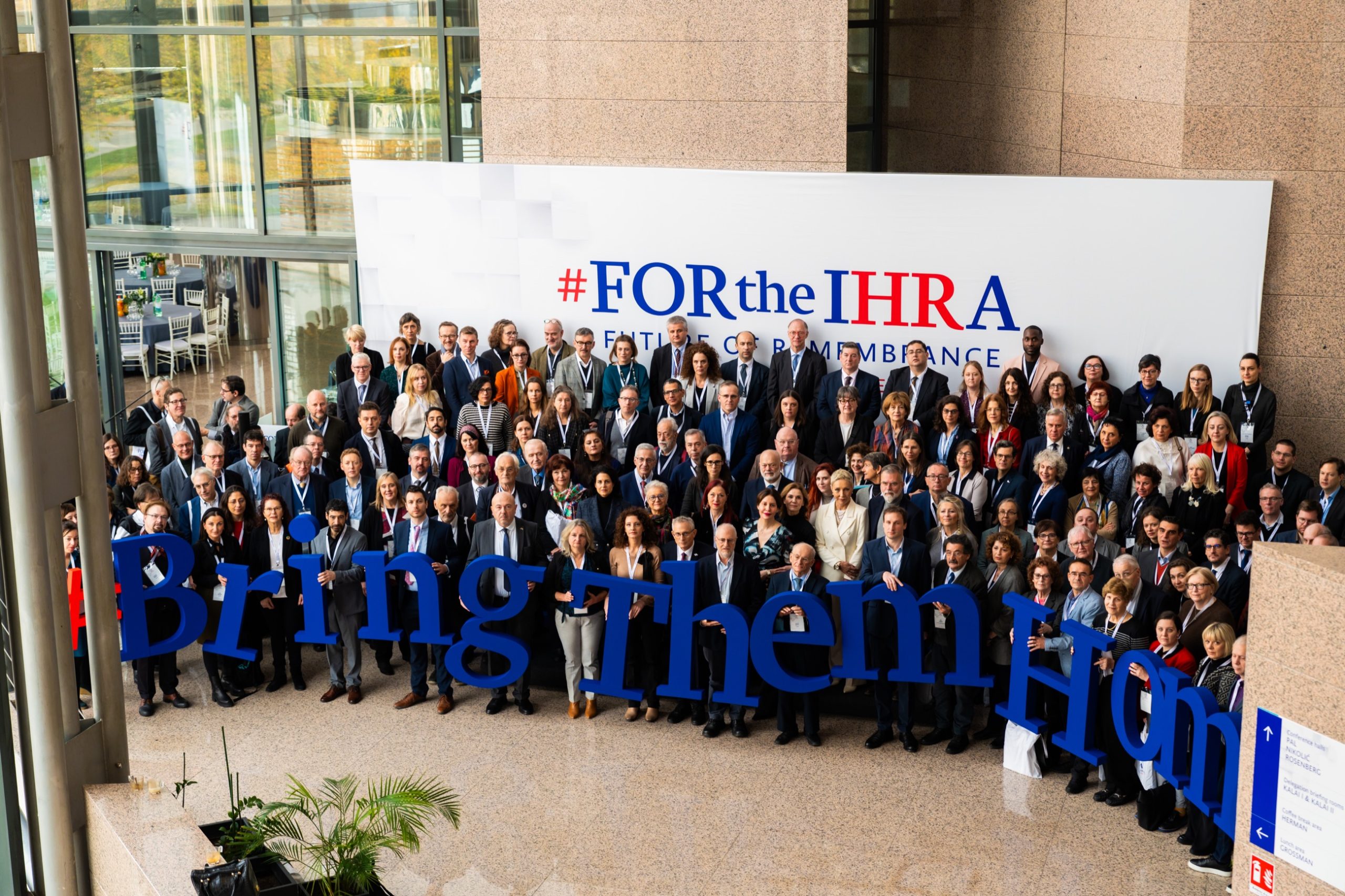
Credit: DarPro
The meetings coincided with the release of some hostages held by Hamas since 7 October. Following a moment of reflection to take stock of the painful situation which continues to have both a personal and professional impact, the Education Working Group invited all delegates to take part in a photo under the hashtag #BringThemHome to express solidarity with the hostages, including two Yad Vashem educators, Liat Atzili, who has since been released, and Alex Dancyg, who has not.
Opening the Plenary Meetings, IHRA Co-Chairs Sara Lustig and Ambassador Terezija Gras addressed the delegates, stating “today, we stand united – experts and those working at the political level – carrying the responsibility of the past through an uncertain present with a hope that we can still count on the future we imagined when the Stockholm Declaration was drafted.”
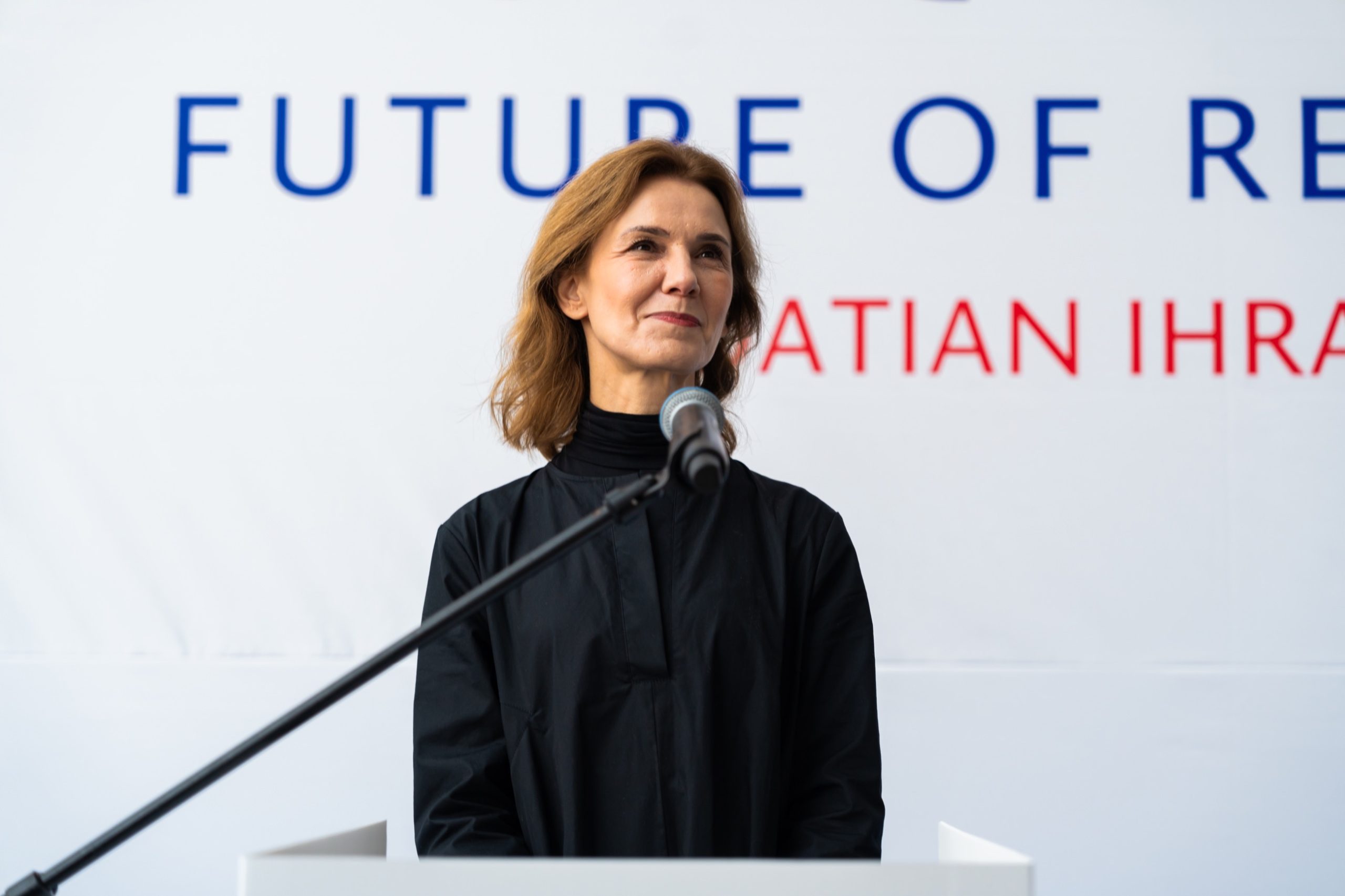
IHRA Co-Chair Terezija Gras, Credit: DarPro
Ahead of the opening of the Plenary Session, Croatian Prime Minister Andrej Plenković, addressed Heads of Delegation: “All of you here, as IHRA delegates, have dedicated your lives to countering antisemitism, safeguarding the record, and countering distortion. You amplify the voices of survivors each and every day.”
Advisor to the IHRA, Dr. Robert J. Williams, underlined that if you only understand the Holocaust through the eyes of the perpetrators, you cannot understand the victims and their individuality. “Hatred of Jews is the original sin of the West,” he added. “We must tackle it if we ever hope to bring about a world that fights other hatreds and other forms of inequality. … Jews did not create antisemitism. We non-Jews did so. We have a responsibility to clean up our mess.”
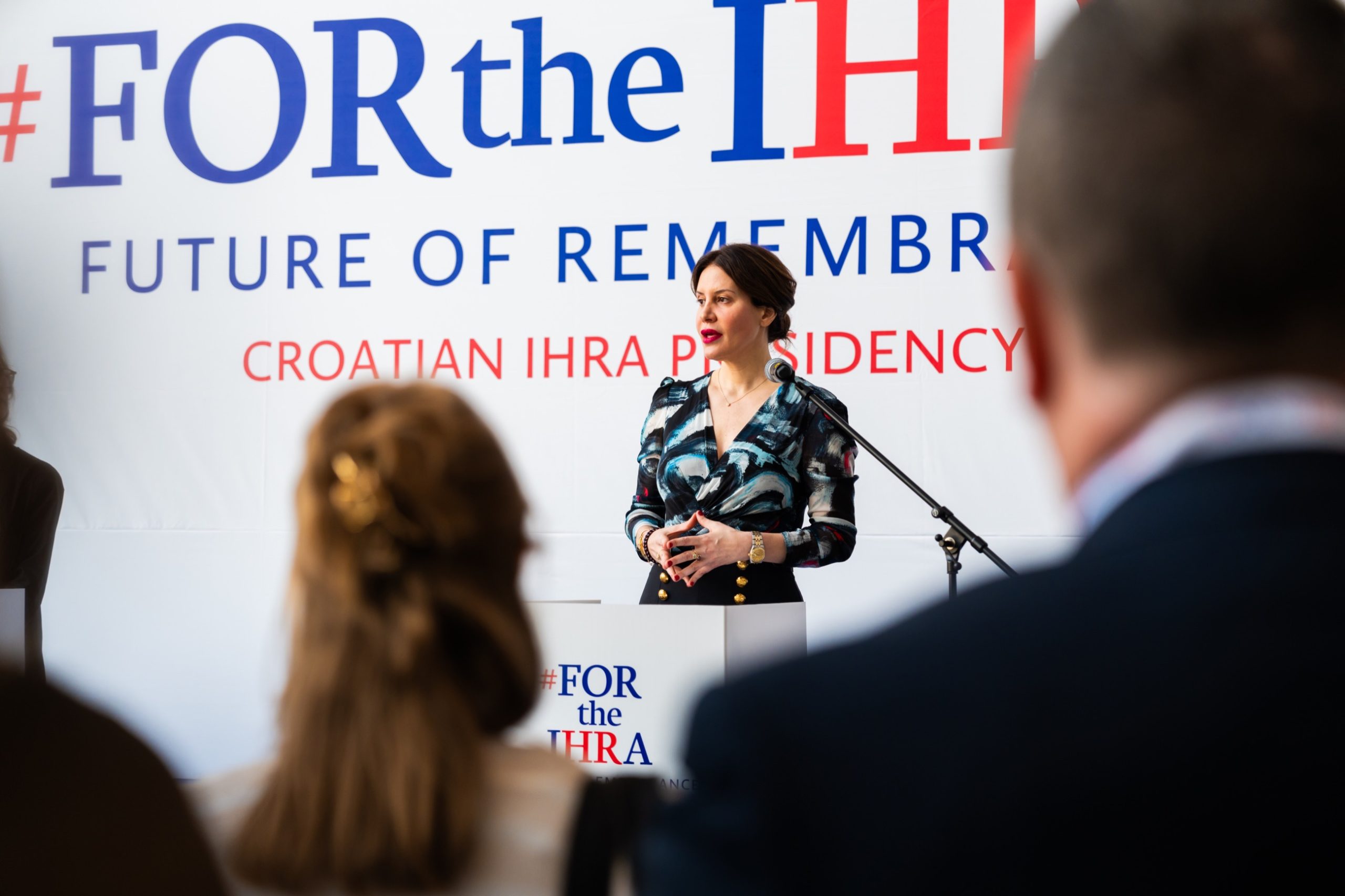
IHRA Co-Chair Sara Lustig, Credit: DarPro
The Plenary Session was marked by adoptions aimed at safeguarding the record, key to securing the future of remembrance. These included recommendations to help IHRA Member Countries advance archival access as well as the adoption of the IHRA Charter for Safeguarding Sites, a product of the IHRA Safeguarding Sites Project expert team. The first heritage Charter to support Holocaust-related authentic sites, this resource will be publicly launched to coincide with International Holocaust Remembrance Day in January 2024.
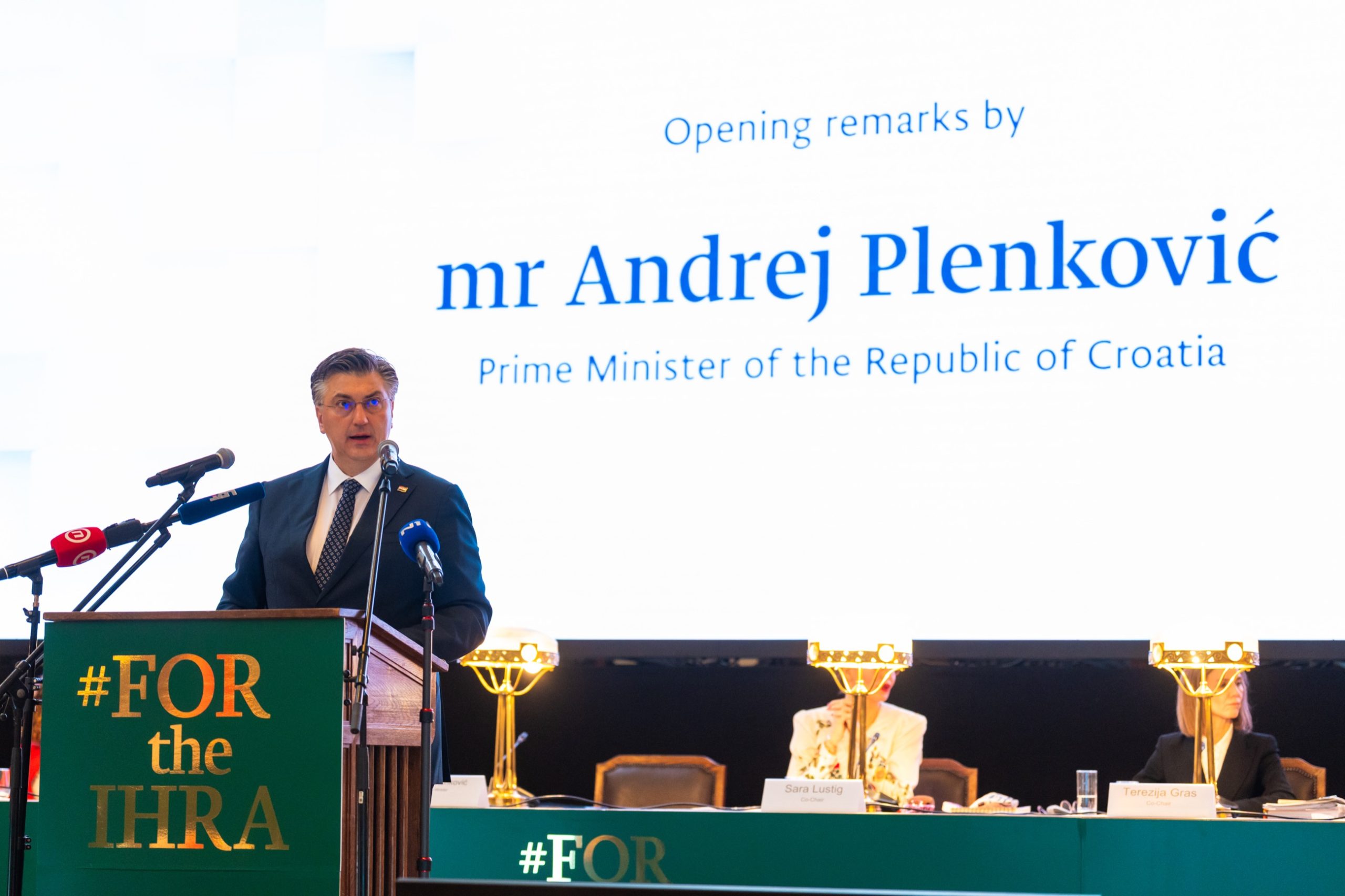
Croatian Prime Minister Andrej Plenković, Credit: DarPro
Ahead of the Plenary Meetings, delegates were invited to visit Jasenovac Memorial Site and the Roma Memorial Center Uštica. During this visit, IHRA delegates saw already implemented measures of the Croatian Action Plan for the Jasenovac Memorial Site, which outlines IHRA expert recommendations guided by the IHRA Charter for Safeguarding Sites that help visitors better contextualize and understand the history. Nina Obuljen Koržinek, Croatian Minister of Culture and Media addressed the visitors, expressing that “by properly safeguarding sites, our delegates can ensure that sites are not used to distort or falsify history.”
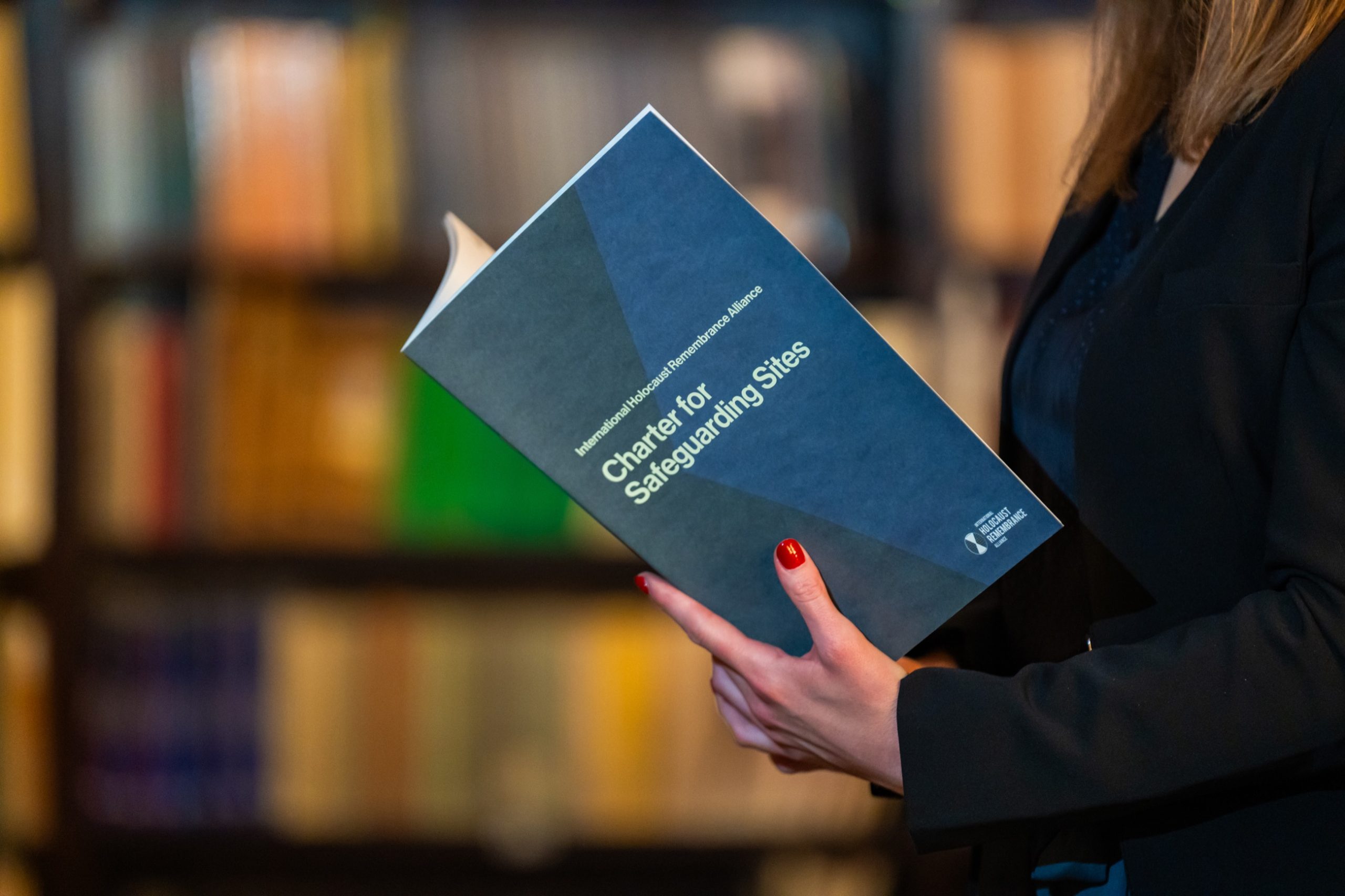
Credit: DarPro
The Croatian IHRA Presidency designed the Zagreb Plenary meetings with an eye towards interaction and outcomes. Special workshop sessions allowed delegates to engage with newly launched IHRA tools: a capacity building training program and website to counter Holocaust distortion, resources to safeguard the record through sites and archives, and a set of questions for reflection on Holocaust comparison.
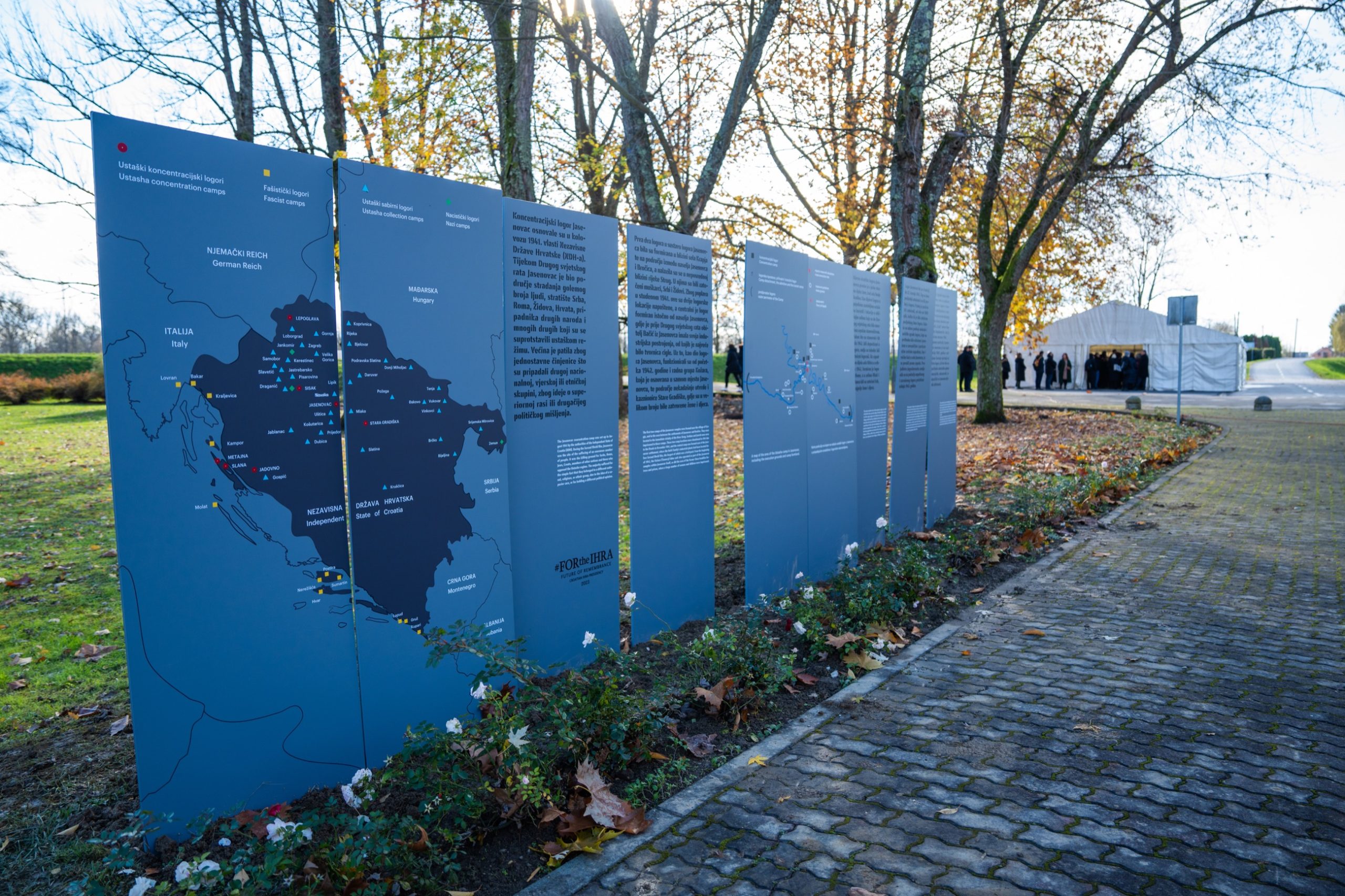
Credit: DarPro
In a move sure to strengthen historically informed intergovernmental cooperation on genocide prevention, the IHRA decided to officially admit the Global Action Against Mass Atrocity Crimes (GAAMAC) as a Permanent International Partner.
The Plenary also marked the 10th anniversary of the IHRA’s working definition of Holocaust denial and distortion, and Heads of Delegation took the opportunity to highlight how their countries are combating this emerging issue.
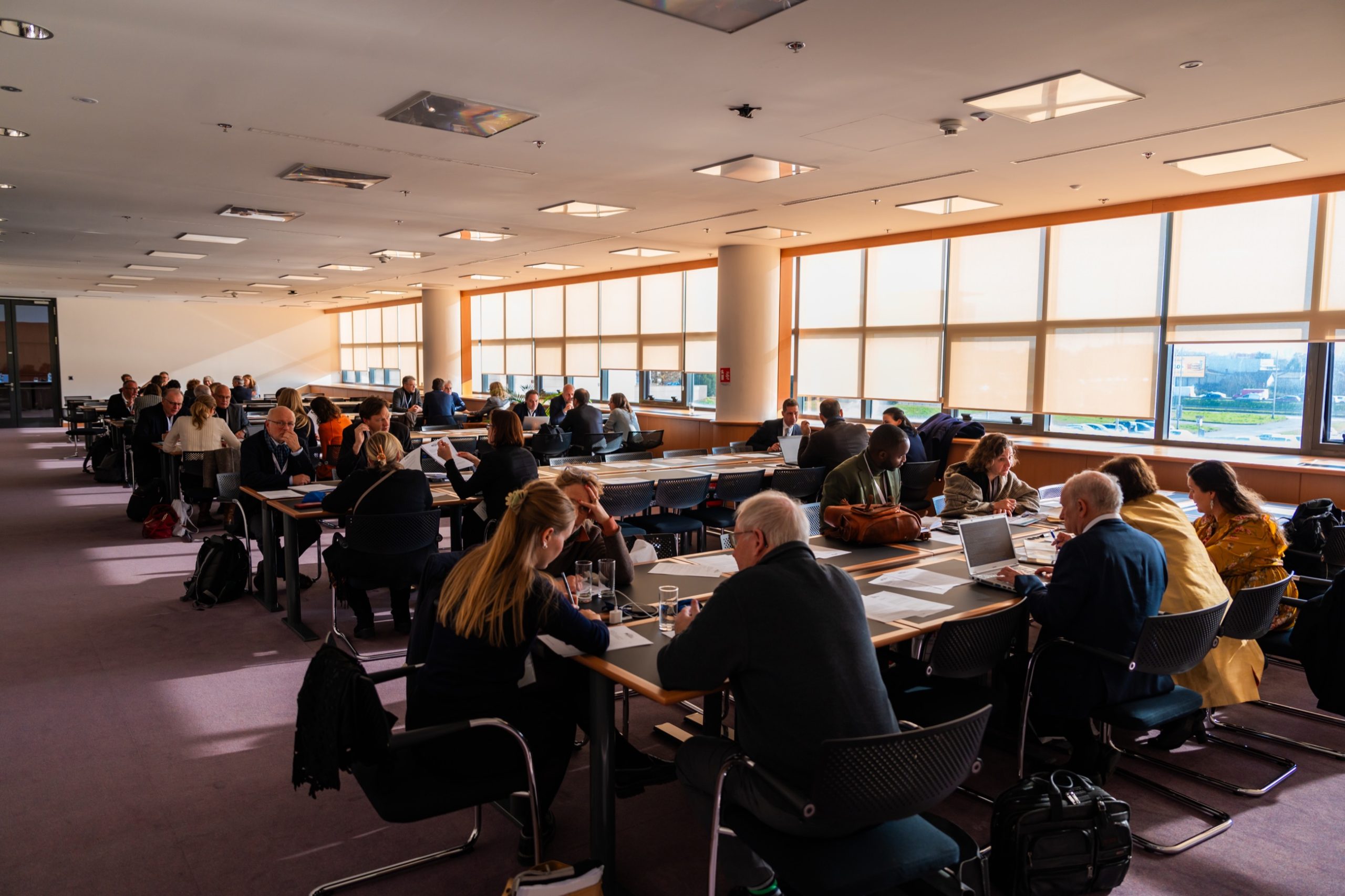
Credit: DarPro
The IHRA Co-Chairs closed the fruitful Plenary with a hopeful look to the future: “Based on all the work we have seen at the Zagreb Plenary Meetings, we are reassured that our alliance is dedicated to preserving the testimonies of Holocaust survivors and witnesses – and to combating antisemitism and anti-Roma discrimination – and we strongly believe that through working together, we have ensured the future of remembrance.”
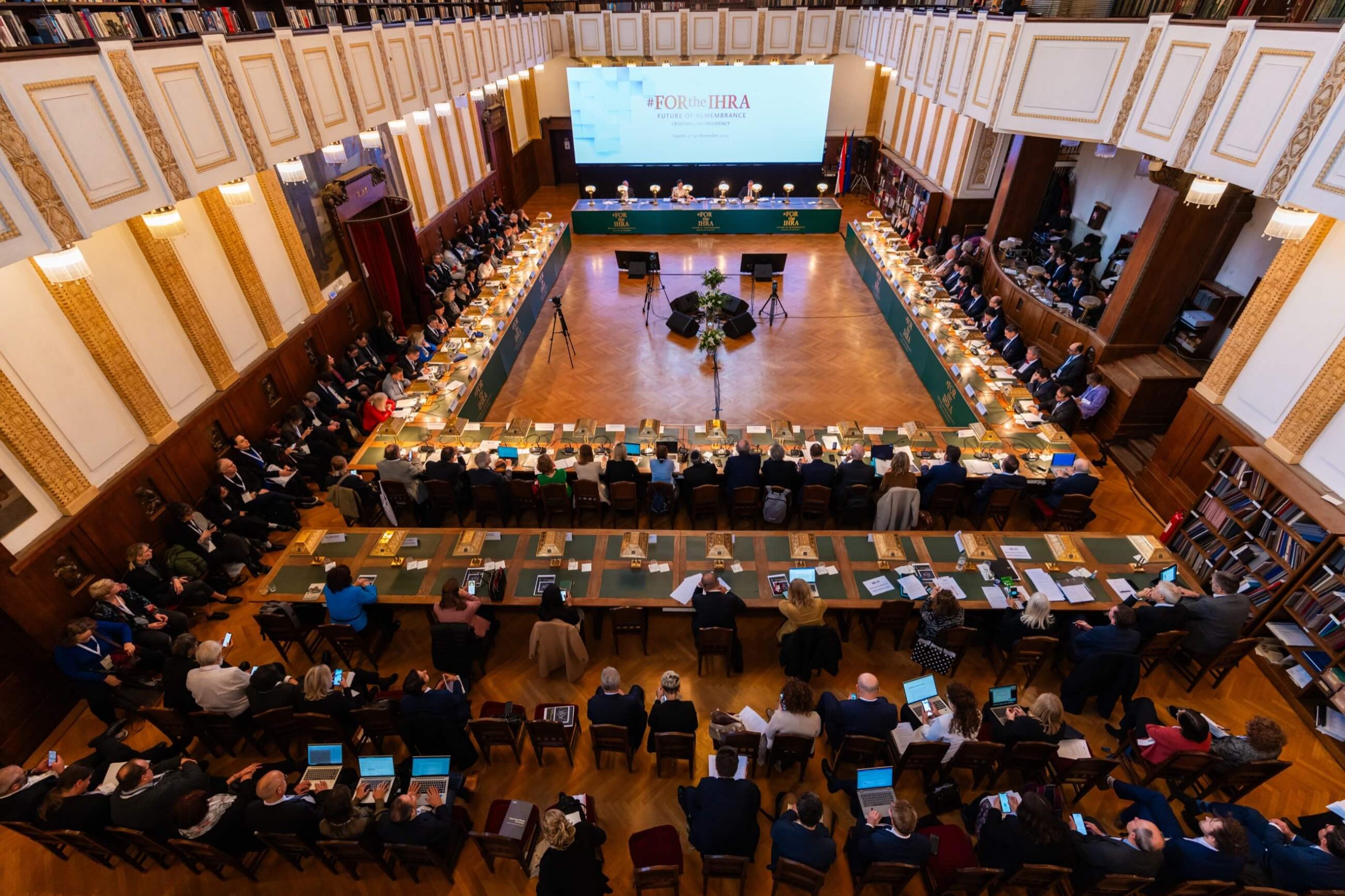
Credit: DarPro

